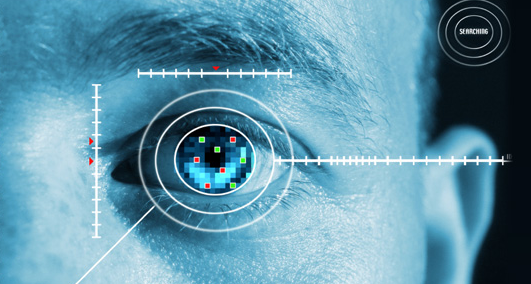Laptop Power Out of Thin Air And Other Christmas Wishes

Santa and his reindeer will be flying around, dropping down your chimney with a 3G iPhone, Amazon Kindle, GPS device or other techno gee-gaw you’ve been lusting after.
But if you’re looking for something really cool, you may want to start putting together your wish list for Christmas 2009 or 2010. Start with power that comes out of thin air for your laptop or your cell phone.
Behind the doors of a suite at The Venetian hotel, electricity will be pulled out of the air for manufacturers of all sorts of electronics gear as the 2009 International Consumer Electronics Show starts on January 8.
This is “the next big thing” promised by the WiTriCity startup whose founders hail from MIT and first demonstrated the ability to power a 60-watt lightbulb through the air in June 2007.
The outfit has been developing commercial versions of its technology in stealth mode since, its engineers and scientists using about $5 million from Stata Venture Partners and Argonaut Private Equity.
As its CEO, it’s hired Eric Giler, who was the founder of telecommunications network gear supplier Brooktrout Technology and later CEO of Groove Mobile, a wireless music service.
In its suite at CES, Giler and crew will be putting on demonstrations for computer, phone and other manufacturers of its ability to charge devices which consume less than 100 watts of power at a time, through the air.
The two main demos will be recharging of a conventional laptop, with approximately a 15-inch screen, and a combination TV and DVD player.
But don’t think that you’ll just be able to walk around, anywhere, and get a charge.
This will work much like the wireless communications network in your home. You’ll need a power source (think: base station) that will send out the electricity over the air and a “power capture” module in your device that will suck it in (think: witri card).
In some cases, the mobile warrior might not be able to tell much difference from carrying out extra batteries. One power source, for instance, might be a mat that sits on a chair that transmits the power.
The technology will add “minimal cost” to a laptop, phone or other device, according to David Schatz, WiTriCity’s Director of Business Development & Marketing. But he declines to define what that translates to.
WiTriCity will be talking to “virtually every manufacturer of laptops” at CES and sees a market for all kinds of mobile devices, including PDAs, cell phones, music players, and medical devices, such as battery-powered pacemakers, defibrillators and pumps.
In effect, “hot spots” will have to be set up for WiTriCity. But avid users of mobile devices will be happy to walk around their homes and maybe offices at first, charging up their machines wherever they sit, without plugging in.
Which leads to other items to put on the wish list for Christmas in the near future:
• Universal wifi: Here’s hoping Barack Obama, in his infrastructure modernization campaign, figures out a way to create a national network of always available Internet access. We could build an interstate highway system in the ‘50s. Fifty years later, we should be able to figure out how to place wifi connections along all paved roads and in all public places. And create a single sign-on, even if there’s a low-cost subscription fee.
• Digital library storage and services: Sure, you get gigabytes of free storage from Google, Yahoo or other commercial sites. But you will never know how your email, activity and contents are mined for marketing of products, services and messages. Local libraries would be a logical place to set up storage centers, where you could store your personal data “in the cloud” and without commercial intrusion. Print books won’t go away, but this would also set up libraries to play an ongoing role in supplying content in the digital age. Want to borrow a particular digital book, music file or movie, your librarian will transfer it into your data locker for a specified period of time.
Probably won’t happen. Google is setting itself up to be the global library, with Google Books and organizing of all the world’s information it can put its hands on.
But, if smart entrepreneurs can pull power out of thin air, universal wifi and localized digital library services can at least make the wish list.
